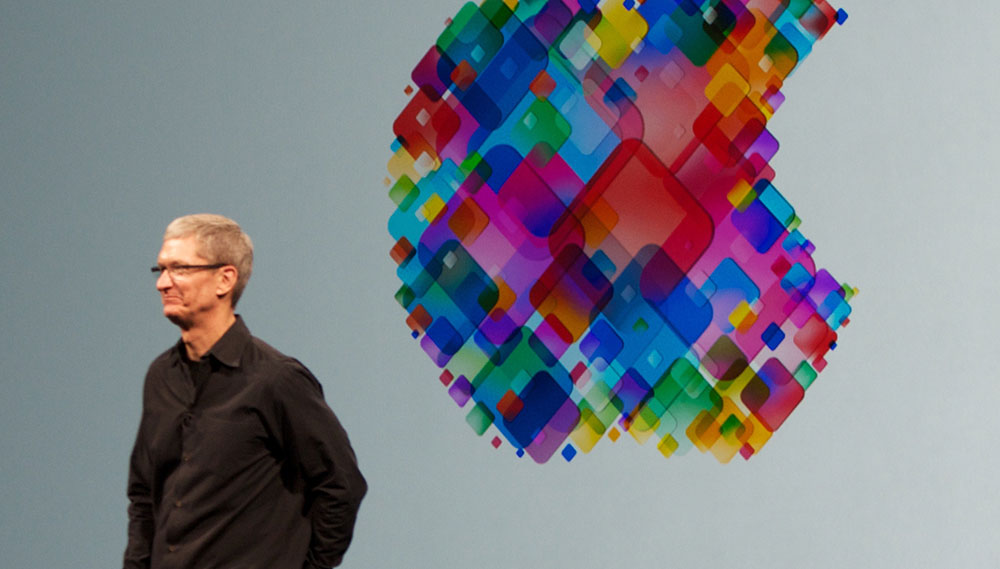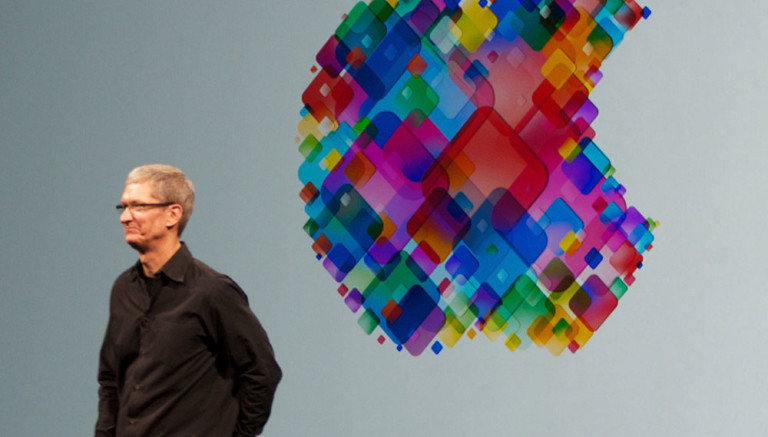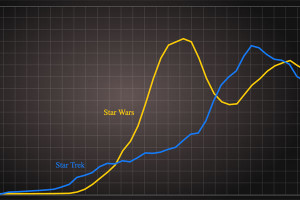
This editorial was originally published in the SitePoint Entrepreneur newsletter. Sign up here to receive updates on our Entrepreneur coverage every two weeks.
It does no good to anyone to reiterate at length the achievements of Apple since the second coming of Steve Jobs. It made its computers sexy again, changed music consumption with the iPod, remade the mobile industry in its own image, and finally made tablets something that people wanted to use at all. Aside from that computerized watch, it has made relatively few high-profile missteps in the past fifteen years.
It’s very hard to imagine that after all that, Apple could end up like Nokia and Blackberry: consumer electronics companies that held total dominance in their industries, only to be dominated in turn.
Yet that’s a concern that Marco Ament has begun to worry about, albeit speculatively, in a recent article on avoiding Blackberry’s fate.
There are plenty of examples of this phenomenon throughout history. Massive, valuable operations are reduced to rubble with frightening speed because they weren’t prepared to capitalize on major changes to the market at the hands of an innovative competitor. As the rate of advancement in technology has continued to increase, we see it happening more often and more rapidly.
In its commendable support of privacy rights, Apple has curtailed the extent of what its AI technology can do. There has never been a time when Google Now was the inferior assistant. Even the Apple bloggers, with their endless supply of rose-tinted glasses, have always admitted this. Apple has also tended to stick to its strengths, even when innovating new product categories — it is a producer of high margin computerized screens. Meanwhile, Google and Amazon have taken their big data expertise and used it to fuel artificial intelligence research.
The problem for Apple is that AI is finally starting to come into its own. While the jump from Nokia dumbphones and Blackberries to iPhone-esque smartphones introduced major shifts for not just technology but society itself, the ramifications of good AI will make all of that look as significant as the shift from floppy drives to CDs in comparison. The days when incremental camera improvements could sway a buyer from Android to iPhone or vice versa are gone; from now on, we’ll be most excited about the new ways our devices assist us in intelligent ways, anticipating our needs and performing complex tasks on our behalf that, previously, technology merely facilitated.
As Marco says:
Today, Apple’s being led properly day-to-day and doing very well overall. But if the landscape shifts to prioritize those big-data AI services, Apple will find itself in a similar position as BlackBerry did almost a decade ago: what they’re able to do, despite being very good at it, won’t be enough anymore, and they won’t be able to catch up.
The same culprits — Google and Amazon — are shaking things up elsewhere, too. As Business Insider notes, the Amazon Echo, marketed as a digital assistant for the home, isn’t just selling well for a new product category. It’s outselling dumb speakers from Bose, Sonos and Logitech, despite the well-known inferiority of the Echo speaker’s sound quality.
Meanwhile, Google just announced Google Home, a similar product that is said to be generally superior at performing AI-driven assistive tasks, though across a narrower range of actions at first.
For a few years we’ve asked ourselves this question: now that computers, mobiles and other computerized screens have overcome just about all of the limitations that previously frustrated us, what’s next? As Vauhini Vara writes in the New Yorker, we’re looking at the start of a post-device future. Computer technology is powerful and flexible enough that we can start to expand it beyond the basic screen-and-input paradigm, integrating it seamlessly into our environment.
This is an existential question for Apple that, it seems to me, is just as concerning as its handicap on the artificial intelligence front. Apple’s strengths are in computerized screens, and we seem to be getting close to the limits of meaningful innovation in the computerized screen space.
We’ll continue to need computerized screens and Apple will probably continue to be very good at making them, but the same can be said — hyperbolically, granted — of printers. Canon and Brother are very good at making printers, but they’re not leading the way on the biggest technological advancements in the world.
As Brian S. Hall says in “Why Apple Couldn’t Make the Amazon Echo”:
But Apple is a computerized screen + flash-drive company and all those other devices and smart things don’t require a computerized screen or a flash drive, and so the company is flailing, trying to convince us to buy Apple Watch when we want Amazon Echo, or insisting we need iPad Pro in addition to our laptop, when we all know we don’t.
There is no easy way out of this.
Over the past decade, I’ve seen fresh arguments every year as to why Apple’s second era of success had come to a peak, and every year those arguments have missed the mark. To me, these concerns at this time seem more plausible. I’m not predicting the end of Apple’s leadership in consumer electronics. Anything could happen. But this time, the concerns have some bite.
With all that said, Apple has more cash than it knows what to do with (literally), and that’s always a wildcard.
We’ll see, and probably sooner rather than later.
Photo credit: Mike Deerkoski
This editorial was originally published in the SitePoint Entrepreneur newsletter. Sign up here to receive updates on our Entrepreneur coverage every two weeks.
 Joel Falconer
Joel FalconerJoel Falconer is a technical content strategist. He has been managing editor at SitePoint, AppStorm, DesignCrowd, and Envato, and features editor at The Next Web.






